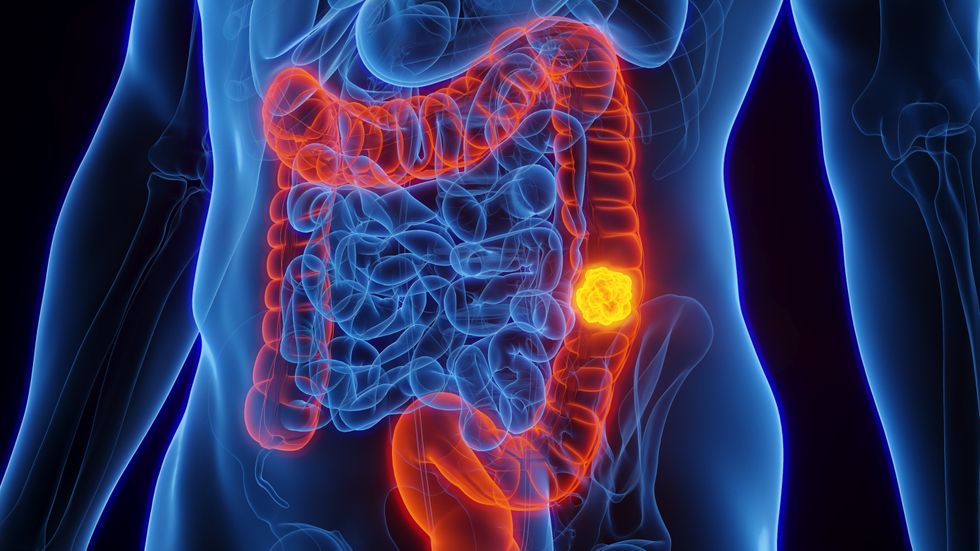Scientists hail 'huge effect' of daily pill that slashes risk of colon cancer returning by 55%

There is mounting evidence that low-dose aspirin can offer protection from bowel cancer
Don't Miss
Most Read
Latest
A groundbreaking Swedish study has demonstrated that taking aspirin daily can slash the likelihood of colorectal cancer returning by more than half in certain patients.
The research revealed that individuals with particular genetic mutations who consumed 160mg of aspirin each day following tumour removal surgery experienced a 55 per cent reduction in cancer recurrence over three years.
The Alascca trial, conducted at Stockholm's Karolinska Institute under Professor Anna Martling's leadership, examined over 3,500 participants across Scandinavian nations.
The findings specifically apply to patients whose tumours contain mutations in the PI3K biological pathway, a characteristic present in approximately 40 per cent of colorectal cancer cases.

The findings specifically apply to patients whose tumours contain mutations in the PI3K biological pathway
|GETTY
TRENDING
Stories
Videos
Your Say
"I think this will change clinical practice," Professor Martling stated.
The comprehensive study enrolled patients who had undergone colorectal tumour removal across hospitals in Sweden, Norway, Denmark and Finland.
Genetic analysis was performed on 2,980 participants, revealing that 1,103 individuals - representing 37 per cent - possessed mutations in genes comprising the PI3K pathway linked to colorectal cancer development.
These mutation-carrying patients were then randomly allocated to receive either 160mg of aspirin or a placebo daily for a three-year period following their surgery.
The results showed that those taking aspirin experienced a 55 per cent lower chance of cancer recurrence compared to the placebo group.
"If you had these mutations, the risk of the cancer coming back was lowered by more than 50 per cent. It is a huge effect," Professor Martling explained.
The medication appears to combat cancer through multiple mechanisms: reducing inflammation, disrupting the PI3K pathway, and limiting blood platelet activity that can shield tumour cells from immune detection.
Professor Martling emphasised that these findings underscore the necessity for genetic screening of all colorectal tumours to identify patients who could benefit from aspirin therapy. "It's a widely available drug that is extremely inexpensive," she noted.
Dr Catherine Elliott, Cancer Research UK's research director, commented: "Preventing cancer cases saves lives, and finding new ways to do this is key to our efforts to beat cancer.
"There is increasing evidence that in certain groups of people, low-dose aspirin can offer protection from bowel cancer."
Despite aspirin's century-long presence in medicine, the trial documented serious risks associated with extended use.
LATEST DEVELOPMENTS

Colorectal cancer affects nearly two million people globally each year
|GETTY
Four participants experienced severe adverse reactions potentially connected to aspirin, including allergic responses, gastrointestinal haemorrhaging and cerebral bleeding.
The study recorded four deaths across both trial groups, with one fatality possibly attributed to aspirin use. The complete findings have been published in the New England Journal of Medicine.
Colorectal cancer affects nearly two million people globally each year, with over 40,000 diagnoses in the UK alone.
Incidence rates among under-50s are climbing worldwide, though causes remain uncertain - researchers point to processed foods, obesity, sedentary lifestyles and gut bacteria-produced toxins as potential factors.
Our Standards: The GB News Editorial Charter











